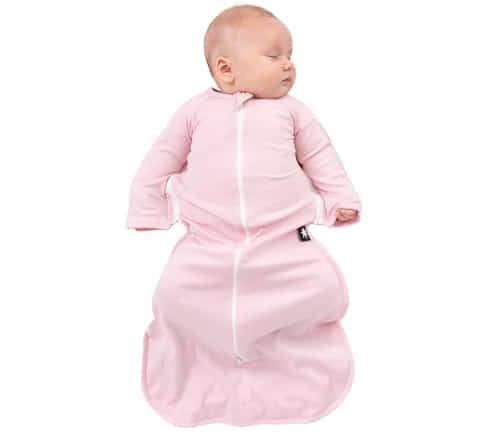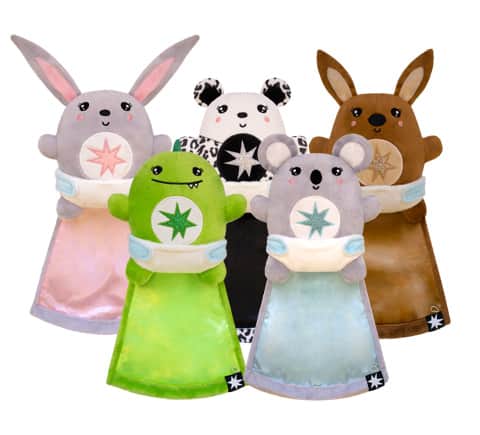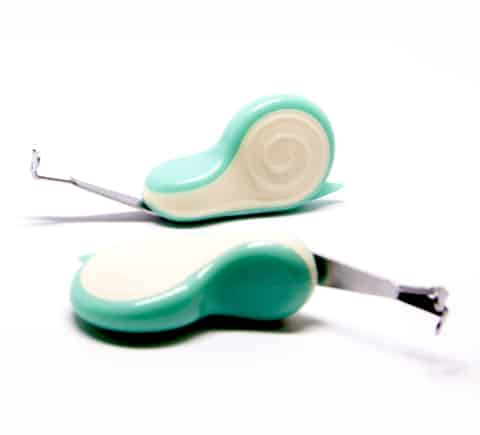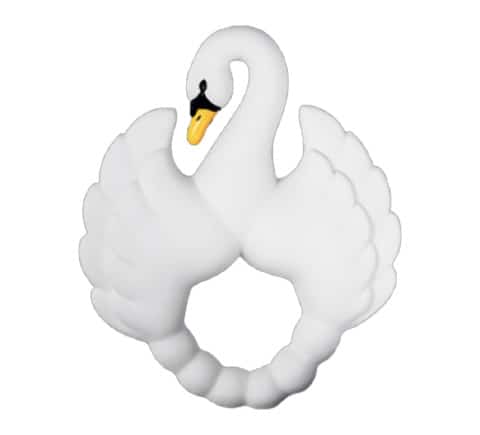We have known for a long time that a mother’s mental health is important not only for her own wellbeing, but also for her child’s health and wellbeing. New Australian research now provides us with evidence that clearly shows that first-time mothers with a mental health condition, particularly anxiety, are nearly five times more likely to have a baby diagnosed with reflux – either gastro-oesophageal reflux (GOR) or gastro-oesophageal reflux disease (GORD).

Diagnosis of reflux might be a red flag
The study showed that of all hospital admissions of babies in their first 12 months, around 1% had a diagnosis of GOR/GORD. While these babies had a number of things in common, the most significant factor was having a mother with a mental health concern. This finding suggests that a diagnosis of reflux in a baby should serve as a warning to health professionals that something deeper may be at play with the mother.
Take an anxious or depressed mother and throw a vomiting, screaming and unsettled baby into the mix, and it’s little wonder mums are looking for a medical solution for their babies. Lead author of the study, Professor Hannah Dahlen explained to the Sydney Morning Herald that “an anxious mum can lead to a more anxious baby but a crying baby who never sleeps can create anxiety in the mother… and then there can be a rising cycle of anxiety between them.” The challenge, according to Professor Dahlen, is to de-escalate the cycle by supporting anxious mums.
More support for at-risk mothers means better outcomes for babies
Professor Dahlen emphasised that apportioning blame to already anxious mothers was not helpful. In fact, the responsibility was placed squarely on the shoulders of health professionals to identify women at risk of having a baby with reflux and putting in place social support systems to help them. The study suggests that a model of maternal support should be favoured over medical intervention. This would move away from unnecessarily handing out scripts to babies with mild reflux, and moving towards an approach that reached out to assist mothers who are showing signs of anxiety or depression.
Most cases of simple reflux resolve without medication in the first year of a baby’s life, meaning that helping the mother manager her anxiety, and develop her coping skills as a new mum, would be far more beneficial to both mother and child.
What support would you like to see in place for new mums with anxiety?
If you are struggling with antenatal or postnatal anxiety or depression, contact PANDA’s National Perinatal Anxiety & Depression Helpline on 1300 726 306.
If you liked this article, or know someone who might need to read it, please share.










